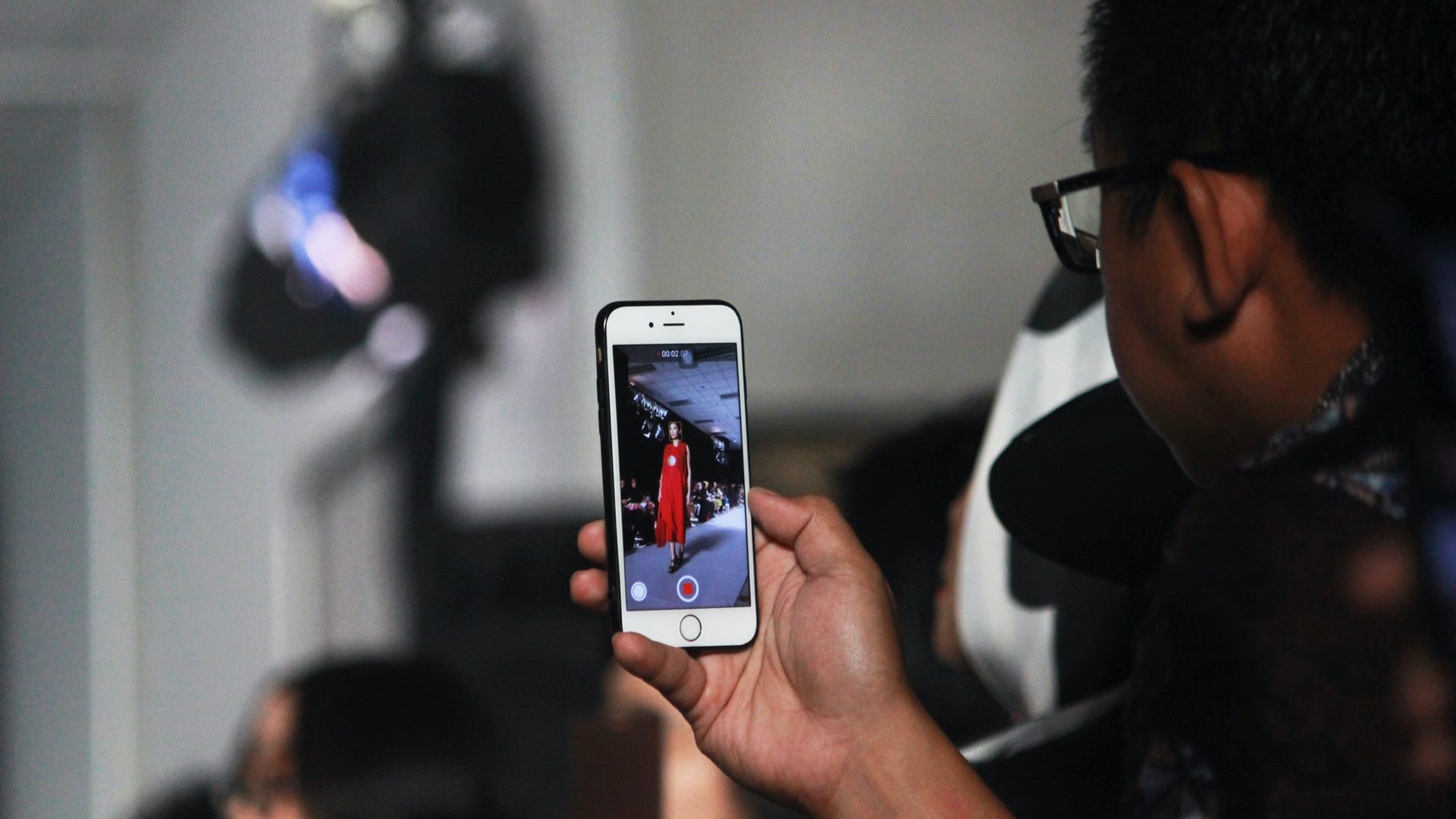
Two lessons we should have learned from the epidemic are the importance of healthcare sector and the indispensability of technologies. According to the definition provided byWHO in 1997, the telemedicine seems to fit perfectly into the center of these two priorities: "Telemedicine is the provision of health services when distance is a critical factor, so it is necessary for operators to use information and telecommunications technologies in order to exchange information useful for the diagnosis, treatment and prevention of diseases and to guarantee continuous information to health care providers and to support research and evaluation of the cure ».
Distance medicine as an occasion
For many the Phase 2, improperly defined as the restart, it should have been called the Redesign Phase. In reality it would be enough to continue building on the foundations that already exist: in Italy telemedicine has been talked about since 2008 and the Ministry of Health published the guidelines in black and white in 2012. Nothing new, therefore. Instead, what Coronavirus has helped to reveal is the need for a paradigm shift, in the direction of a digitization of healthcare, which can now be postponed.
In a period in which social distancing has proven to be the most valid weapon to combat Covid, telemedicine can represent a fundamental opportunity for the future. But it would be a mistake to think of it as a valid tool only in the event of an epidemiological emergency. In fact, the opportunities it offers to patients are manifold even in "peacetime": it allows taking on, monitoring and consulting patients with cancer, immunosuppressed, chronically ill patients. It allows you to make exams and reports travel online, to consult remotely and more generally to bridge the gap between needs and resources. It is not a substitute for traditional medicine, but constitutes a valuable support, thanks to new communication channels and innovative technologies.
Telemedicine in Italy and the European comparison
Countries like Norway and Sweden, in which telemedicine has been a reality since 2008. Spain has implemented digital health in the last fifteen years and the German health minister has predicted that at the end of 2020 digital will work at full speed also in Germany. The hope is that Italy will seize the opportunity. Based on data from thePolytechnic Observatory of Milan, the total expenditure for digital health in Italy in 2019, between what was invested by the Ministry of Health, the Regions, the individual health structures and the general medicine network, amounted to € 1.39 billion, with a 7% growth compared the previous year.
But still not enough. According to what emerges from the report “Innovative Europe. The Way Forward" our country ranks 20th in the European ranking on the level of digitization of health services, well below the main EU states. Northern European countries are on the podium, with the best performances recorded by Denmark, Holland and Finland. Spain is in sixth place, Germany eleventh, France fifteenth. The least digitized in terms of health are Romania, Poland and Bulgaria, only eleven percentage points away from Italy.
Private platforms
However, a glimpse seems to come from the private telemedicine platforms that have more and more appeal, as demonstrated by the success gained during the lockdown months. Through the portal of Topdoctors, the patient can contact a specialist through video conferencing, a private message or by making an appointment online. More than 20 million patients have relied on this network for choosing a doctor in Spain, Italy, the United Kingdom, Mexico, Colombia and the United States. Then, there is EpiCura, the first digital outpatient clinic in Italy, which in addition to sending specialists at home, responds to questions from patients at moderate prices, as does the Sant'Agostino Medical Center. It is a network of polyclinics, whose general practitioners or specialists answer patients' questions via chat. That telemedicine has become a valid ally in Covid times can also be read in a article of the Washington Post which deals with the topic: video dating on Teladoc Health, the largest American virtual health care provider, increased by 50 percent during the epidemiological emergency.
Giulia Cimpanelli






